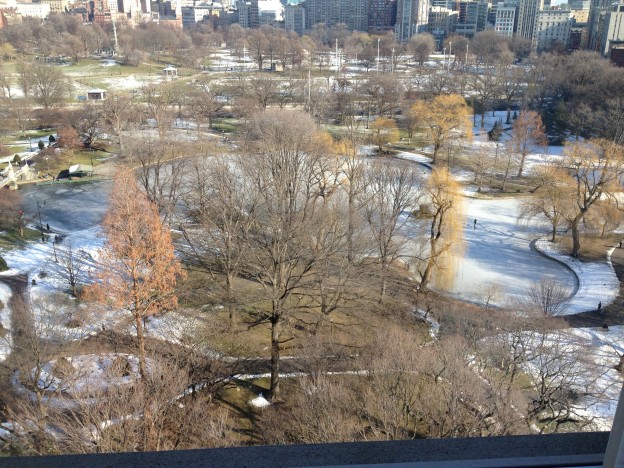Late in May I headed to Boston to present my thoughts at a session on the environmental humanities at the annual American Literature Association conference. My presentation, titled “American Literature, Disciplinarity and the Environmental Humanities, began with a helpful remark by Jonathan Monroe, that “the first discipline of a discipline is, or should be, not to forget that it has not always been a discipline.” I also used Henry Nash Smith’s classic 1957 essay “Can American Studies Develop a Method?” to frame my thoughts on how the study of American culture, as Smith so aptly put it, as a whole “does not coincide with the customary field of operations of any academic discipline” (1). Much the same thing can be said about the environmental humanities, I explained, as the capacious term environment and the contested term humanities are elusive at best. Moroever, in making a case that our work as environmental humanists may move us from the study of literary categories such as American, and the professional identities we cultivate as Americanist scholars, I suggested that among the most productive things we might be doing right now would be conceiving of the environmental humanities as a collaboration across academic disciplines, in Smith’s words, “attempting to widen the boundaries imposed by conventional methods of inquiry” (11). My paper made the case that our definitions of the environmental humanities might therefore need to be somewhat more modest than we might like; at the same time I suggested that definitions of the environmental humanities that arise out of practice in particular intellectual and institutional communities may be more radical and consequential than we might think.


Hi Mark,
Couldn’t help noticing this post when I did a search for Environmental Humanities. I’ve been trying to wrap my thoughts around the idea of environmental humanities–what it might be and what it offers–and would love to get a copy of your paper, if you won’t mind.
Thanks,
Salma